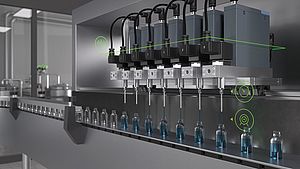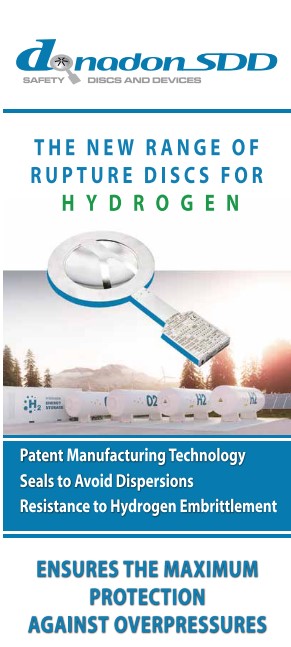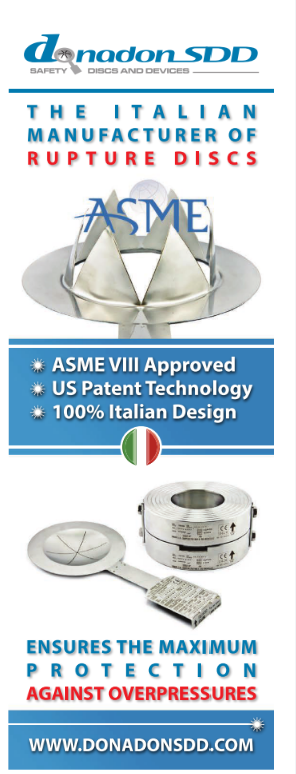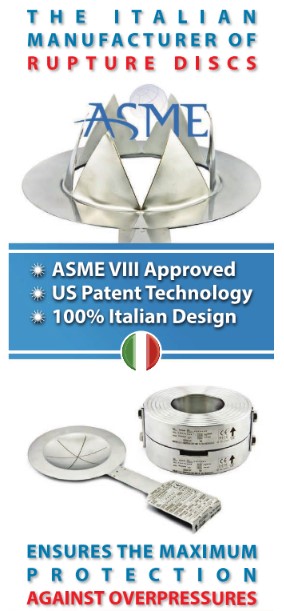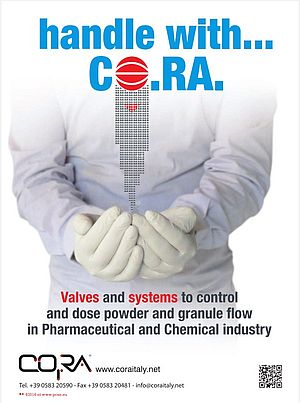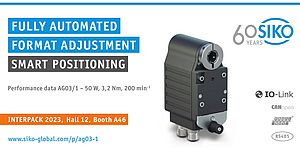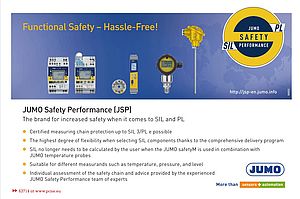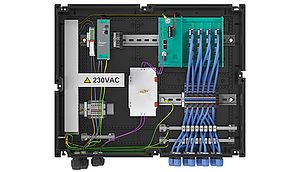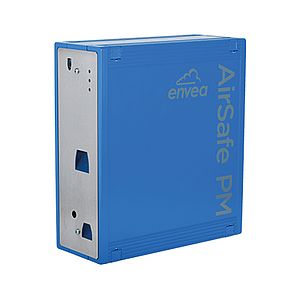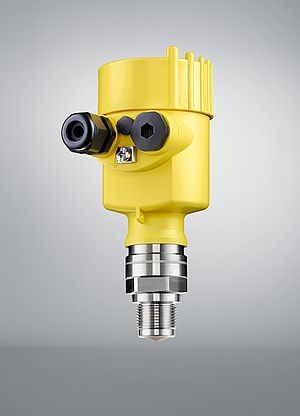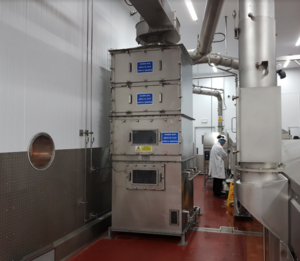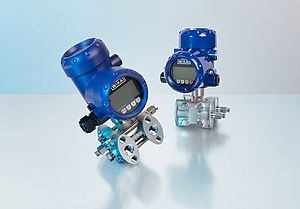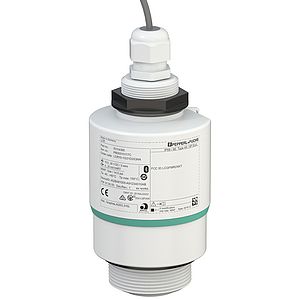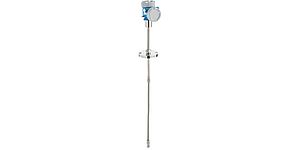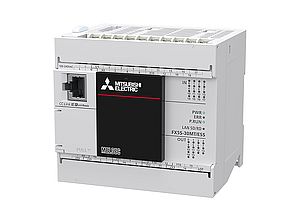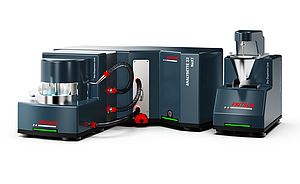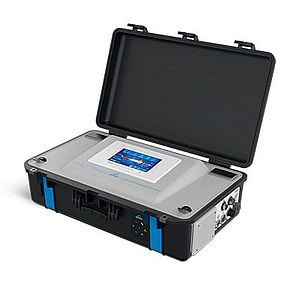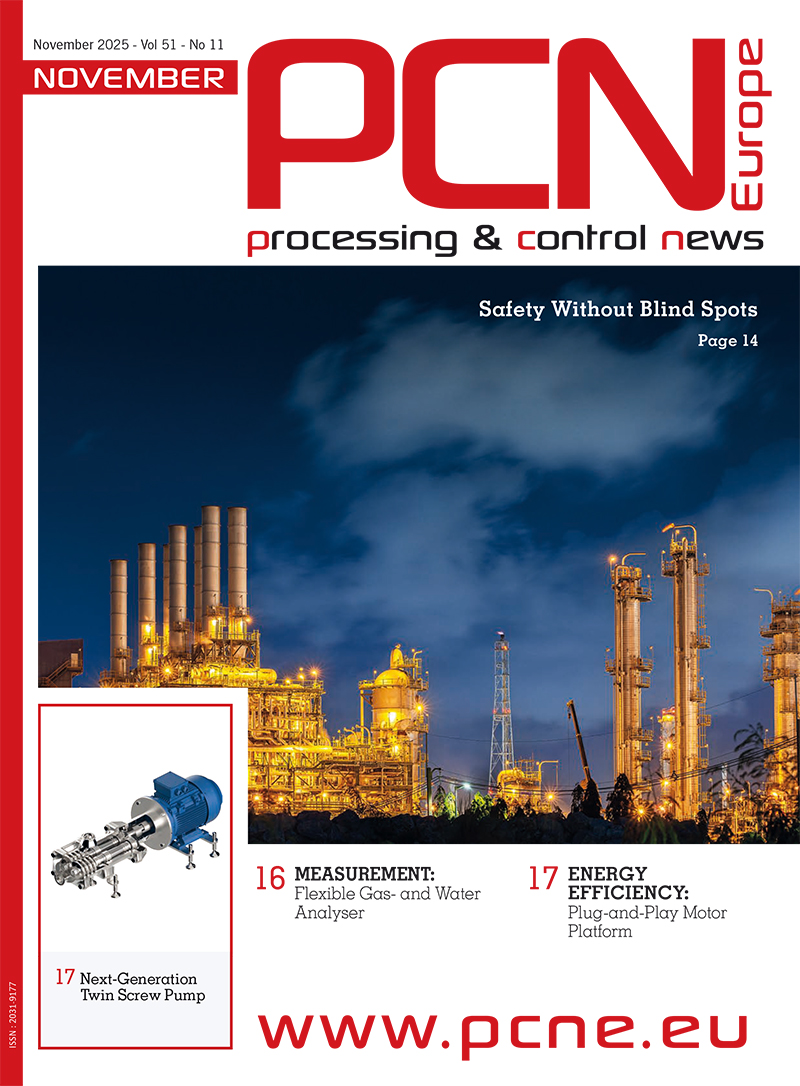The EU Packaging and Packaging Waste Regulation (PPWR) aims to make the packaging industry more sustainable and to reduce the negative impact of packaging waste on the environment. However, it is posing significant challenges for manufacturers due to the extremely tight deadlines, the varying implementation schedules and the lack of detailed regulations at the moment. Companies need to assess as quickly as possible how they will respond to the often complex requirements. This can have far-reaching implications for their packaging and manufacturing processes - and requires efficient, compliant implementation, which PCC offers a wide range of support for.
As Michael Graf, Head of the PCC and a sustainability expert at Schubert, explains: “Manufacturers are dealing with very practical considerations. What are the implications of packaging a chocolate bar in paper instead of a flowpack in the future? Or how does an existing cartoning machine run when blanks are resized, when they behave differently in the machine or when they can no longer be glued? These issues are significant and require answers along the entire value chain.”
Combined expertise
This is where the Packaging Competence Centre fits in. The key advantage of the PCC is that it can offer regulatory advice, packaging development and machine feasibility - all from a single source - thanks to the combined expertise of the two companies. While the experts from bp Consultants clarify the PPWR and explain its impact on the respective packaging portfolio, Schubert evaluates the machinability of new packaging solutions, thus ensuring the automation that is essential for packaging processes. Marcel Kiessling, Managing Director of Gerhard Schubert GmbH, points out: “As a leading machine manufacturing company, we are proud to be working with Berndt+Partner, an equally leading-edge consulting group for packaging issues in Europe. The Packaging Competence Center is a collaborative partnership that provides technical consulting services for packaging processes and technologies – all targeted towards making our customers’ production processes more efficient and sustainable.
Practical support
If, for example, a manufacturer wants to switch its packaging materials to paper or recyclable mono films, the PCC offers a so-called Impact Check. During this process, the experts analyse, as part of their evaluation, whether a manufacturer’s existing packaging range meets the regulatory requirements or whether it needs to be improved. Once all questions have been clarified, manufacturers can develop a new packaging design, with support available if desired from Berndt+Partner Creality, a subsidiary of the Berndt+Partner Group that specialises in packaging design and branding. The PCC always takes automated packaging processes into account.
Practical testing on the packaging machines
Once the modified packaging concept has been finalised, Schubert tests it on its own machines in Crailsheim. The packaging machine manufacturer determines whether the new materials and formats can still be processed efficiently and whether they may require technological adjustments. Michael Graf believes it is vitally important to take a holistic approach: “Sustainability – the basic idea behind our Mission Blue Initiative – has to incorporate systems and upstream steps such as design to ensure that a solution is consistently ecological. Packaging made of paper or mono film alone is not enough.” Once the consulting, design and testing are complete, the PCC continues to support manufacturers. “Regulations change quickly, so manufacturers will soon have new questions for which they want equally creative answers – and they will find them at the PCC,” concludes Matthias Giebel, Partner at bp Consultants, a subsidiary of the Berndt+Partner Group.















